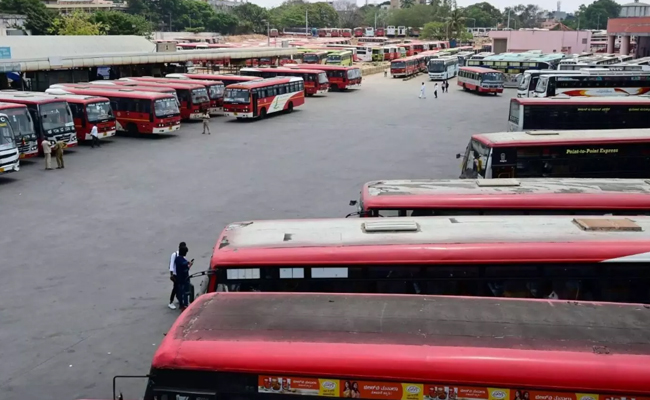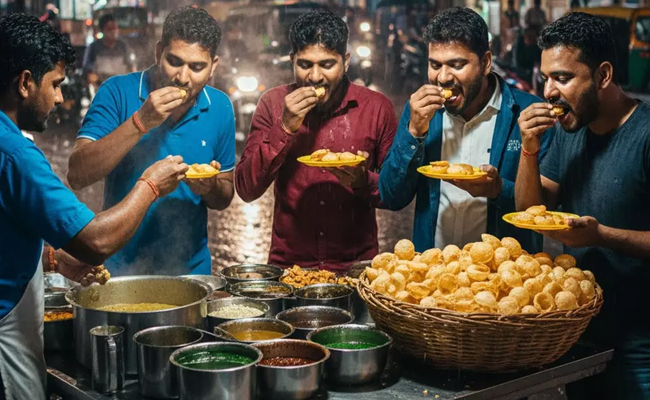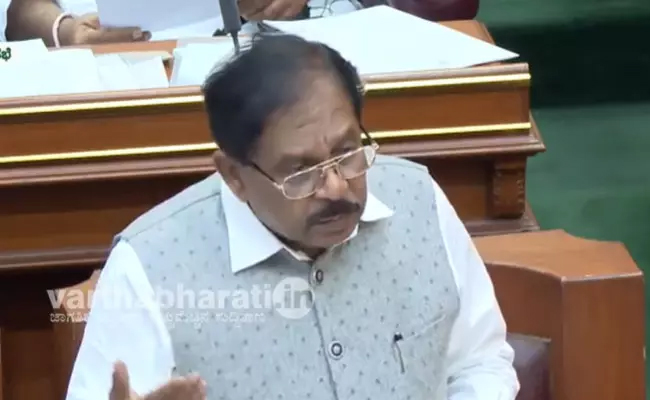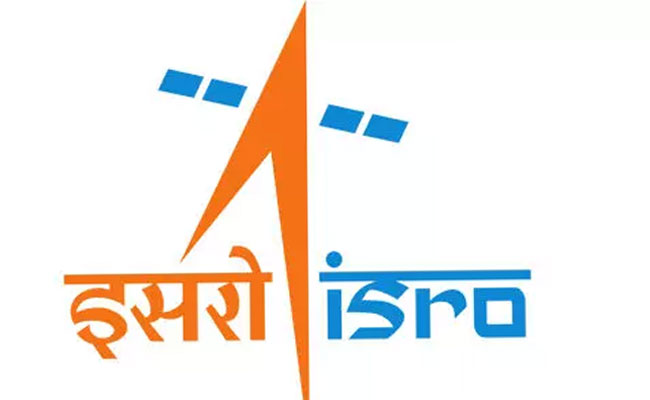San Francisco, July 10 : Lawmakers in the US have sent letters to Apple CEO Tim Cook and Larry Page, CEO of Google's parent company Alphabet, demanding information on how they collect and use personal information of users.
Members of the Energy and Commerce Committee of the US House of Representatives sent the letters on Monday.
With recent media reports raising concerns about misuse of user data, the lawmakers sought information from the two companies on third-party access to consumer data, collection and use of audio recording data as well as location information via iPhone and Android devices.
In their letter to Alphabet's Page, the lawmakers pointed to reports that suggested that Google permitted third parties to access the contents of users' emails, including message text, email signatures, and receipt data, to personalise content despite an announcement in June 2017 in which the search giant said it would stop scanning Gmail for advertisements.
The Wall Street Journal last week reported that despite assuring users to "remain confident that Google will keep privacy and security paramount", it still allowed some third-party organisations to scan through Gmail accounts.
"In the context of free services offered by third parties, these practices raise questions about how representations made by a platform are carried out in practice," the lawmakers wrote in their letter to Alphabet's Page.
In their letter to Apple's CEO, the lawmakers asked if people's iPhones collect audio recordings without their consent and if Apple could "control or limit the data collected by third-party apps available on the App store", Fortune.com reported.
The House representatives asked is Apple collects and stores user information "through a different data-collection capability" even if people disable location-tracking services on their iPhones, it added.
The House representatives asked Alphabet's Page and Apple's Cook to respond to the questions by July 23.
Let the Truth be known. If you read VB and like VB, please be a VB Supporter and Help us deliver the Truth to one and all.
Bengaluru: The Karnataka State Road Transport Corporation will operate 1000 additional special services in view of the Christmas festival.
In addition to the existing schedule, the special services will run on 19.12.2025, 20.12.2025 and 24.12.2025. Further, special buses will be operated from various places of intra & Interstate places to Bengaluru on 26.12.2025 & 28.12.2025.
Special buses will be exclusively operated from Bengaluru Kempegowda Bus Station to Dharmastala, Kukkesubramanya, Shivamogga, Hassan, Mangaluru, Kundapura, Shringeri, Horanadu, Davangere, Hubbali, Dharwad, Belagavi, Vijayapura, Gokarna, Sirsi, Karwar, Raichur, Kalaburagi, Ballari, Koppala, Yadgir, Bidar, Tirupathi, Vijayawada, Hyderabad and other places.
ALSO READ: Bengaluru: Shopkeeper stabbed for refusing to serve free panipuri
Special buses from Mysuru Road Bus Station will be exclusively operated towards Mysuru, Hunsur, Piriyapatna, Virajpet, Kushalanagar, Madikeri.
The corporation has also announced a discount of 5 per cent on the fare if four or more passengers book tickets under a single reservation. A discount of 10 per cent will be extended on return journey tickets if onward and return tickets are booked simultaneously.
In addition to the above, special buses will be operated from all Taluk/District Bus Stands in the jurisdiction of KSRTC based on the traffic needs.





